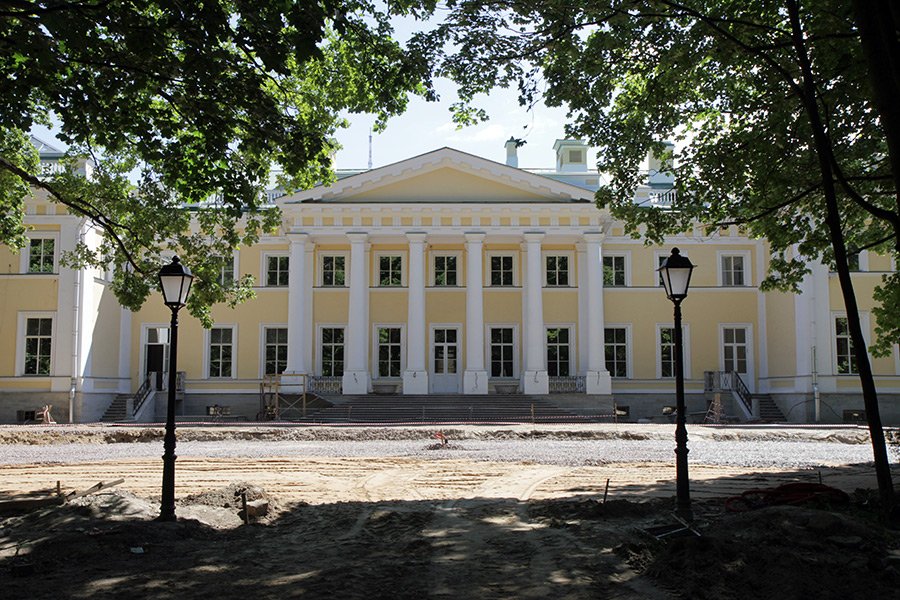
Address of the reception office of the Investigative Committee: Moscow, ul. Pervaya Frunzenskaya, d 3a
Address for writtent applications: 105005, Moscow, Tekhnichesky Pereulok, 2
Address of the reception office of the Investigative Committee: Moscow, ul. Pervaya Frunzenskaya, d 3a
Address for writtent applications: 105005, Moscow, Tekhnichesky Pereulok, 2

Saint Petersburg has hosted the All-Russian meeting of senior officials of regional executive authorities in education. They discussed higher availability and quality of basic general education, implementation of state children’s upbringing policy, first-priority tasks in developing education system for physically challenged citizens, 2017 implementation of program “Assisting creation of new places (based on forecast needs) in schools in constituent territories of Russia in 2016-2025” and some other issues.
The meeting was attended by senior assistant to the Chairman of the Investigative Committee Igor Komissarov, Minister for Education and Science Olga Vasilyeva, vice-chair of the State Duma’s Education and Science Committee Lyubov Dukhanina, members of the RF Federation Council, representatives of the Russian Ministry for Emergency Situations, Health Ministry, Lomonosov State University of Moscow and other guests.
Speaking at the meeting, Mr. Komissarov touched upon a pressing issue saying about contributing factors of criminal behavior in minors that are revealed during investigations.
One of such contributing factors is the fact that law-enforcement and other authorities bound to take preventive steps, sometimes are more concerned with the rates instead of real-life results. As investigative practice shows, district juvenile police officers often do not have data on persons living in socially dangerous situations or creating such situations for others and do not carry out proper preventive operations. Another factor in a number of cases is lack of duly organized efforts of guardianship authorities in systemic revealing of children in a risk zone or of desire of authorized individuals (teachers, psychologists, officials of juvenile commissions) to deal with children’s problems.
Mr. Komissarov also noted that educational facilities play a large role in upbringing children. However, most schools have one aim – to prepare children to take state exams, leaving children’s leisure time and their problems out of priorities. So children end up on social networking websites, where, they believe, they are understood and satisfy their requirements in socializing and positive emotional connections. Mr. Komissarov provided an example of the situation in Khabarovsk, where girls from decent families killed at least 15 animals and posted the scenes online.
Summing up the meeting, Mr. Komissarov pointed out that only all-round preventive measures can give positive results, but the responsibility for what is happening should be not all-round, but personal.